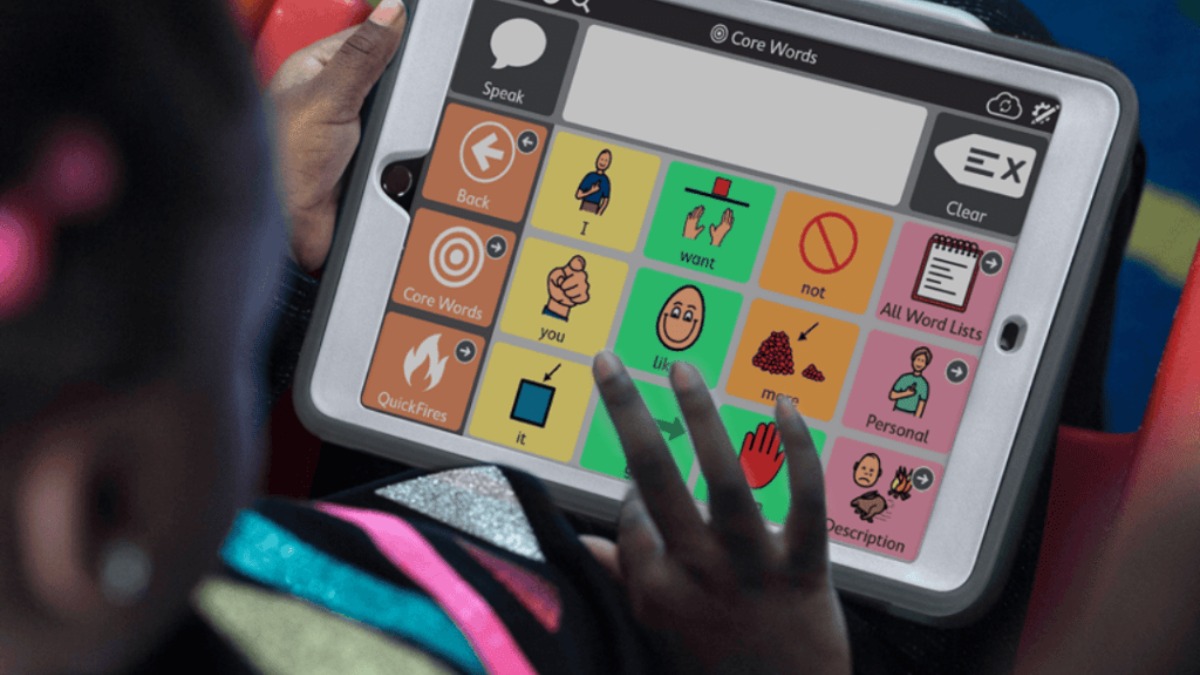Can DIR Floortime Help Address Sensory Issues?
April 10, 2025
Learn how DIR Floortime can effectively address sensory issues in children with autism, fostering growth and emotional development.

Key Points:
- DIR Floortime is a developmental therapy approach that supports children with sensory processing challenges by engaging them through play.
- Sensory integration difficulties can impact a child’s ability to self-regulate, interact socially, and engage in daily activities.
- DIR Floortime helps improve sensory regulation, emotional connection, and functional skills by following the child’s lead and gradually challenging them to expand their interactions.
Sensory processing issues are prevalent among individuals with autism spectrum disorder (ASD), affecting how they perceive and respond to sensory stimuli. Studies indicate that sensory processing disorder co-occurs with ASD, and approximately 90% of individuals with ASD experience some form of atypical sensory response, including hyper- or hypo-reactivity.
Can DIR Floortime Help Address Sensory Issues?
Yes, DIR Floortime can help address sensory issues by providing a personalized, play-based approach that supports sensory regulation, emotional engagement, and developmental growth. Unlike traditional sensory therapies that focus solely on exposure to sensory stimuli, DIR Floortime emphasizes interaction and emotional connection while gradually helping children process and respond to their sensory experiences.
Many children face sensory issues that can affect their daily lives and interactions. These challenges can vary in how they manifest, impacting a child's ability to engage with their environment. Common sensory issues include:
- Sensory Overload: Difficulty processing excessive sensory input, leading to anxiety or distress.
- Sensory Under-Responsiveness: Lack of reaction to sensory stimuli, which may lead to seeking more intense experiences.
- Sensory Discrimination Issues: Trouble distinguishing between different sensory inputs, such as sounds or textures.
- Sensory Seeking Behaviors: Engaging in activities like spinning or jumping to obtain sensory input.
How DIR Floortime Can Help with Sensory Issues
DIR Floortime offers a unique approach to addressing sensory challenges in children. By focusing on emotional and developmental needs, DIR Floortime can help children better regulate their sensory experiences. Here are some ways DIR Floortime can assist:

Implementing DIR Floortime
Implementing DIR Floortime effectively requires careful preparation and the use of specific techniques tailored to the child's needs. This section will cover how to set the stage for DIR Floortime and the techniques commonly used during sessions.
Setting the Stage for DIR Floortime
An ideal environment is crucial for effective DIR Floortime sessions. The space should be comfortable, engaging, and free from distractions. Key elements to consider include:
- Safe Space: Ensure the area is secure for exploration and free from hazards.
- Comfortable Seating: Provide soft seating for both the child and facilitator to encourage relaxation.
- Engaging Materials: Use toys and materials that capture the child's interest to promote interaction.
- Quiet Environment: Minimize noise and distractions to help the child focus.
5 Techniques Used in DIR Floortime Sessions
DIR Floortime uses playful and responsive techniques to support a child's development. These techniques allow the child to take the lead while promoting interaction and growth. Common techniques include:
- Follow the Child's Lead: Engage with the child's interests, letting them guide the play.
- Emotional Connection: Use facial expressions, tone, and proximity to strengthen emotional bonds.
- Imitation: Mirror the child’s actions and sounds to encourage communication.
- Expanding Play: Introduce new ideas or materials to enhance creativity and problem-solving.
- Sensory Integration: Incorporate sensory experiences to help the child process sensory information.
These techniques aim to enhance the child's emotional and social development while addressing sensory issues. To learn more about effective therapies that provide comprehensive support, check out our article "Discover the Best Autism Therapy for Effective Support" for valuable insights.

How DIR Floortime Supports Sensory Regulation
Sensory regulation refers to a child's ability to maintain an appropriate level of alertness and responsiveness to stimuli. Some children become easily overwhelmed by sensations, leading to meltdowns, while others struggle to register sensory input, appearing disengaged or inattentive. DIR Floortime addresses these challenges by promoting:
1. Gradual Exposure to Sensory Stimuli
Instead of forcing a child to tolerate uncomfortable sensations all at once, DIR Floortime introduces stimuli gradually, allowing the child to develop tolerance over time. For example:
- A child sensitive to touch might start with soft textures before progressing to more challenging ones.
- A child who dislikes loud sounds might engage in rhythmic play activities to build auditory processing skills.
2. Play-Based Strategies for Sensory Engagement
DIR Floortime uses interactive play to help children regulate their sensory experiences. Activities may include:
- Deep pressure activities (e.g., weighted blankets, gentle squeezes) for calming effects.
- Movement-based play (e.g., swinging, jumping) to support vestibular processing.
- Tactile exploration (e.g., finger painting, sand play) to improve touch sensitivity.
These play-based techniques provide a safe and enjoyable way for children to work through sensory challenges.
3. Emotional Co-Regulation with Caregivers
Many sensory difficulties are linked to emotional dysregulation. A child who experiences sensory overload may become anxious or frustrated. DIR Floortime emphasizes co-regulation, where caregivers help children manage their emotions through supportive interactions.
This approach:
- Models appropriate coping strategies (e.g., deep breathing, sensory breaks).
- Encourages social engagement even when sensory challenges arise.
- Strengthens the child-caregiver bond, making sensory experiences feel more manageable.
By combining structured sensory activities with emotional support, DIR Floortime fosters greater self-regulation in children with sensory difficulties.
Practical Ways Parents Can Implement DIR Floortime at Home
Parents and caregivers play a crucial role in supporting sensory regulation through DIR Floortime techniques. While therapists provide structured sessions, parents can integrate similar approaches into daily life.
Here are some effective ways to implement DIR Floortime at home:
- Follow the child’s lead – Engage in activities they enjoy while gently expanding their play.
- Use sensory-friendly play – Incorporate textures, movement, and sounds that align with their sensory preferences.
- Encourage back-and-forth interactions – Respond to their gestures, sounds, or words to foster communication.
- Provide calming sensory input – Use deep pressure hugs, rocking, or quiet spaces when the child is overwhelmed.
By consistently integrating Floortime principles, parents can help their children develop better sensory processing skills in a natural and stress-free way.
Get Expert DIR Floortime Support in New Jersey
If your child struggles with sensory processing challenges, professional DIR Floortime therapy can make a significant difference. At WonDIRfulPlay, we specialize in helping children develop stronger sensory regulation, emotional engagement, and communication skills through play-based interventions tailored to their individual needs.
Our experienced therapists in New Jersey work closely with families to create personalized therapy plans that support each child’s unique developmental journey. Whether your child experiences sensory sensitivities, social difficulties, or emotional dysregulation, we provide compassionate guidance to help them thrive.
Contact us today to learn more about how DIR Floortime can support your child’s sensory and developmental growth!
Recent articles












.jpg)


.jpg)






.jpg)











.jpg)
.jpg)

.jpg)
.jpg)
.jpg)



.jpg)
.jpg)
.jpg)

.jpg)
.jpg)

.jpg)



.jpg)


.jpg)
%20(1).jpg)

.jpg)






.jpeg)









.jpg)
.jpg)
.jpg)
.jpg)
.jpg)


.jpg)
.jpg)
.jpg)
.jpg)
.jpg)
.jpg)
.jpg)
.jpg)
.jpg)
.jpg)
.jpg)
.jpg)
.jpg)
.jpg)
.jpg)
.jpg)
.jpg)
.jpg)
.jpg)
